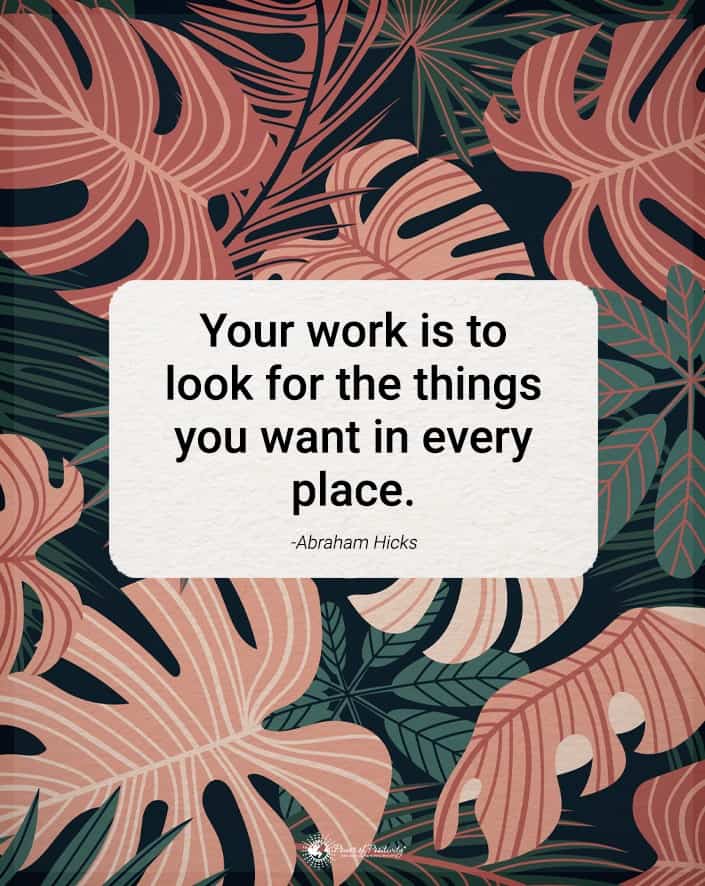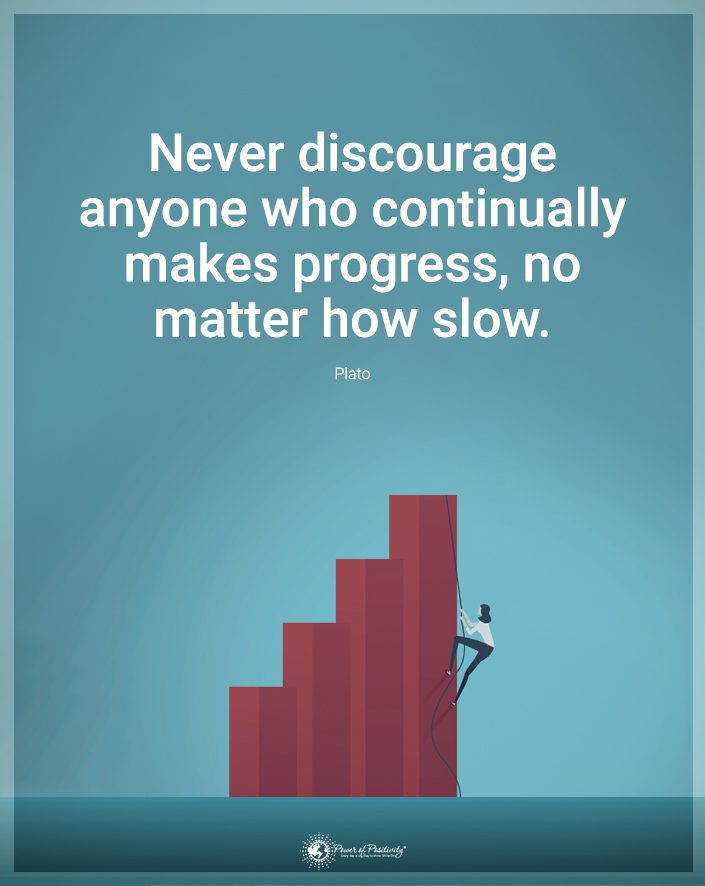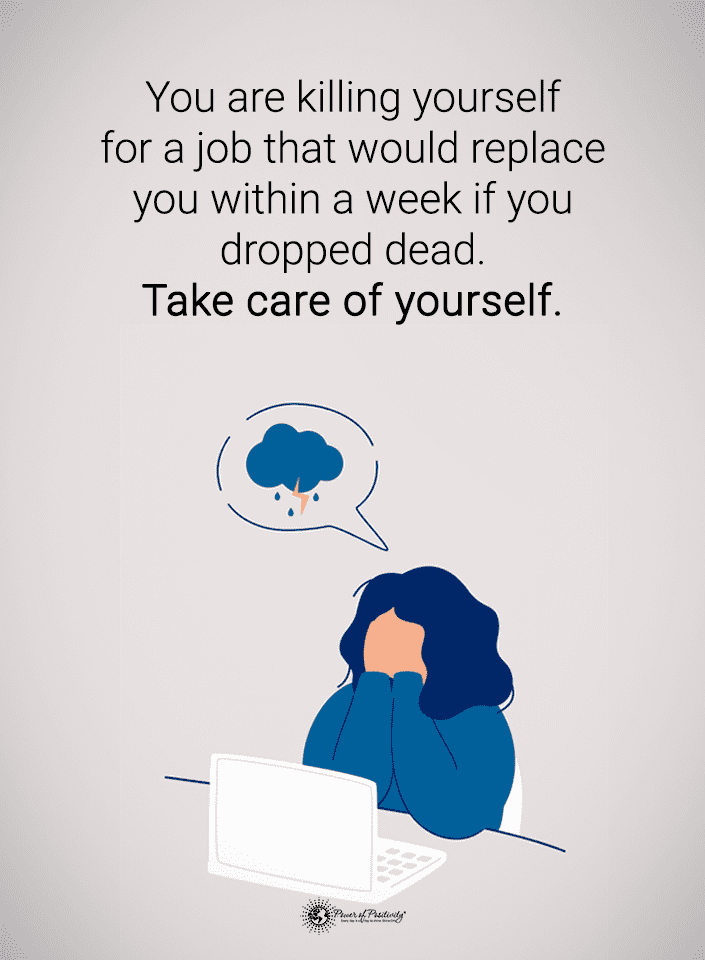In a world that moves so quickly and always demands constant high output, it’s easy to forget to stop and smell the roses. In fact, in certain circles, the very idea of taking work breaks seems almost taboo. Some even believe that taking breaks makes them lazy, but that couldn’t be farther from the truth. So step away from working for a few minutes; it can help you plow through the rest of your day.
Work breaks are valuable moments in your day that will improve your performance while ensuring you’re not burning yourself out at both ends. However, ensure that you’re using these breaks correctly so they don’t go to waste. Here are five ways to make the most of work breaks and why they matter.
1 – Get Moving On Your Work Breaks
One of the best ways to use work breaks is by getting some physical activity into your time. It might seem odd to imagine exercising when you want to rest, but physical activity increases productivity and energy while reducing tiredness.
Research shows that a mere ten minutes of exercise can promote improved attention, memory, and cognitive performance for the rest of the day. Leaving your phone and devices behind will further enhance the effects of this break. If you’re able to, you can use your work breaks to:
- Go for a short walk.
- Hit the gym for ten minutes.
- Go for a quick jog around the area.
- Climb up and down some stairs.
- Do a few simple exercises in front of your desk.
Of course, there’s one important caveat here: this tip assumes your job requires that you either sit down for work or remain standing in a relatively static position. If your job is more active and requires that you move around or perform a lot of physical labor, it’ll likely be better for you to sit down and rest instead.

2 – Grab Something To Drink Or Eat
Your body needs energy to continue working optimally; the best way to get that is by fueling it with healthy food and beverages. During your shorter work breaks, you can spend that time eating or drinking something that will restore your energy.
When you’re hungry, even just a little peckish, your body produces a hormone called ghrelin in your stomach. This hormone sends a message to your brain that you need fuel. Specifically, it flags this information to NPY, a neurotransmitter in the hypothalamus, which is the part of the brain responsible for memory, fatigue, emotion, and energy management.
When NPY gets the information that you’re hungry, the hypothalamus kicks into gear to tell you that you need to eat something. This brain fog can be distracting when you must focus on work. However, this is a good enough reason to ensure you have adequate fuel before returning to work. Here are some great ways to make the most of work breaks by eating or drinking well.
- Brew some tea or coffee, giving you an excuse to stand up, walk and immerse yourself in a simple but rewarding task.
- Eat a protein-filled snack or meal, as studies show this macronutrient can maintain cognitive enhancement effects for a prolonged period.
- Maintain small portions for snacks, so you don’t experience an energy crash or get drowsy.
- If you’re not hungry, drink some water instead. Indeed, hydration is crucial to your cognitive and physical function and performance.
- Avoid junk food within your working hours, as it will drain you and make you tired while failing to fill you up properly.
3 – Avoid Addictive And Highly Stimulating Activities
Many mistakenly use work breaks for low-effort, highly stimulating, non-productive activities. While they may be relaxing, they are far from the best choice. They often involve using things that give you quick dopamine rewards that don’t provide long-term satisfaction.
These activities train your brain to demand more rewards, thus damaging your ability to focus on anything else. In other words, they’re addictive, which is the opposite of relaxing. Some examples of these activities are:
- Scrolling through personal social media.
- Watching videos and content on Twitch, YouTube, Netflix, TikTok, or other similar content sites.
- Shopping, whether online or offline.
- Consuming junk food.
- Playing low-effort or low-engagement phone games.
This statement is not to say that you must do fulfilling, very productive things when you take a break. That would be counterproductive! However, it’s essential not to choose the wrong types of things to fill that time when you need to return to work soon after.
If you want to do these stimulating, dopamine-reward-based activities, you can, but in moderation. Just do them in your off time, not while you’re taking short work breaks and need to return to productivity afterward. You’ll feel worse and lose concentration as your day gets derailed! Worse still, if you do not watch closely, these activities may lead to you overdoing your breaks and losing valuable time on them.
4 – Take A Smart Nap
If you have a decent amount of time for a break, such as twenty to thirty minutes, you can utilize this time to take a nap. Not all naps are equal, however. If you’ve ever woken up from a quick snooze only to find yourself feeling drowsier and less energized, you’ll know that some naps are unsuitable for work breaks.
So, what’s the trick? The secret to productive power napping is not sleeping for too long. Just sleeping for between ten and twenty minutes is sufficient. This is because this allows you to nap within the light sleep phase of the natural sleep cycle, so you don’t dip into a deeper sleep and get groggy when awoken.
The best way to get the perfect power nap on a work break is as follows:
- Find a space to nap that is as quiet and dark as possible.
- Set your phone alarms for between 15 and 25 minutes from when you rest, and allow five minutes to fall asleep.
- If possible, lie down and relax; if not, get comfortable.
- Before falling asleep, consume a coffee or other caffeinated beverage so that the caffeine kicks in precisely when you need to wake up.
5 – Ensure That Breaks Are Sufficiently Distracting
As counterproductive as it sounds, your work breaks should entirely distract you from the work you’ll have to return to. A break spent thinking about work isn’t a break at all. Many people struggle with “switching off” when they take breaks, so you must fill your break time with something that will pause that intense focus.
Studies show that when your brain experiences the same thing for a prolonged period, you become desensitized to it. Your brain stops noticing sounds, sights, scents, and even emotions related to your actions.
This dulling harms your ability to focus, maintain attention to the intricacies of your work, and perform well as your awareness drops. You’ll also lose trains of thought, miss obvious mistakes, and feel foggier overall. So, as counterproductive as it sounds, your work breaks should thoroughly distract you from the plights of your typical work day.

Why Do Work Breaks Matter?
When you work, you usually want to present a good performance. This allows you to work efficiently and productively, with high-quality output that speaks to the best of your capabilities. So while you’re likely to have good and bad days at work, you can help increase the number of good days by taking work breaks. Breaks matter in the following ways:
Work Breaks Improve Learning
Mental downtime is a crucial part of memory consolidation and essential for personal learning. Of course, we already know that sleeping helps with this process, but some evidence shows that “waking rest” can provide a similar result.
Work Breaks Boost Creativity
Taking work breaks gives your brain the chance to replenish its resources, which frees up space to think creatively. If you’ve ever had a great idea or solution suddenly arise when you’re resting, in the shower, or off the clock, you know this to be true!
Work Breaks Keep You Motivated
Research says you lose motivation when you spend a long time focusing on one task. This is especially true for long-term goals, but it’s still worth doing for daily short-term work goals and tasks. It’s hard to want to keep working when you’re exhausted.
Work Breaks Improve Concentration
The human brain cannot focus on things for hours on end. So work breaks allow you to reset your mind so that you’re able to continue concentrating on tasks later.
On top of that, prolonged stress, even when seemingly mild, can have notable adverse effects on the body. The human body best responds to short, stressful experiences appropriately. When you work without taking breaks, stress continues to pile up, which can be a considerable risk factor for chronic stress.
There are several potential risks associated with chronic stress. Studies show that it can lead to a wide range of health issues, such as:
- High blood pressure
- Gastrointestinal problems
- Headaches and migraines
- Anxiety
- Depression
- Stroke
- Heart disease
This is why mitigating the effects of stress during your work day is so important. Ensure that your anxiety doesn’t snowball and becomes a point that seriously affects your health and everyday life. Taking breaks can help significantly, giving you the chance to stop the constant buildup of continued stress.
When you combine work breaks with a healthy snack or a physical movement, you’re also further improving your health. As previously mentioned, it only takes a few minutes of walking and mild physical activity to benefit you and your health significantly, especially if you do it multiple times daily.

Final Thoughts On Some Ways To Make The Most Of Work Breaks
Work breaks can make or break your working experience. Without them, you’ll get tired quickly, have trouble focusing, and experience a lot of stress. The trick is using these breaks in the best way possible to get the most out of them. Once you learn to do that, you’ll have a more relaxed and productive day!


















